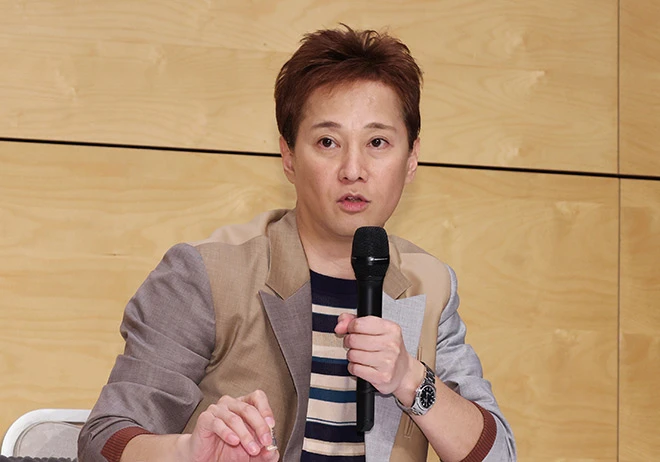An associate of rapper G Herbo, known by the moniker Drench or Lil Wet, has found himself in legal hot water, facing serious charges related to machine gun possession. This indictment comes years after he was initially cleared of murder charges, highlighting the ongoing scrutiny he faces from federal authorities. This turn of events underscores the increasingly common practice of law enforcement using artists’ music and videos as part of their investigations, a tactic that has sparked widespread debate about freedom of expression and its limits within the realm of criminal law.
Drench’s legal troubles gained renewed attention when federal prosecutors cited his participation in “violent” rap videos as part of the evidence leading to his indictment. This development raises questions about the intersection of art and criminality, particularly in the context of hip-hop culture, where lyrical content often draws from real-life experiences and societal issues. Critics argue that this approach by law enforcement criminalizes artistic expression and disproportionately targets artists of color, creating a chilling effect on creative freedom.
The indictment of Drench comes at a time when the relationship between the hip-hop community and law enforcement is under intense scrutiny. Advocates for artists’ rights have long criticized the use of rap lyrics and music videos in criminal proceedings, arguing that it unfairly associates the genre with criminal behavior and overlooks its artistic and cultural value. This case is likely to reignite those debates, as it exemplifies the legal challenges faced by artists and their affiliates in navigating their careers amidst legal entanglements.
While Drench’s past acquittal of murder charges might have offered a reprieve, his current legal predicament underscores the ongoing challenges many individuals associated with the hip-hop scene encounter. The use of his music videos in the criminal complaint against him highlights the broader issues at play, including the debate over whether such artistic expressions should be interpreted as literal admissions of guilt or simply as artistic works reflecting the complexities of urban life.
As this case progresses, it will undoubtedly serve as a focal point for discussions about the balance between ensuring public safety and protecting artistic freedom. The indictment of Drench a.k.a. Lil Wet not only impacts him personally but also has broader implications for the hip-hop community and its relationship with the criminal justice system. It raises important questions about how society values artistic expression and the extent to which artists’ work can be used against them in a court of law.
The outcome of this case may have significant implications for how rap music and its associated visual content are perceived and treated by law enforcement and the legal system in the future. As the legal proceedings unfold, the hip-hop community and its supporters will be watching closely, hopeful for a resolution that respects the integrity of artistic expression while addressing the concerns of public safety and justice.



